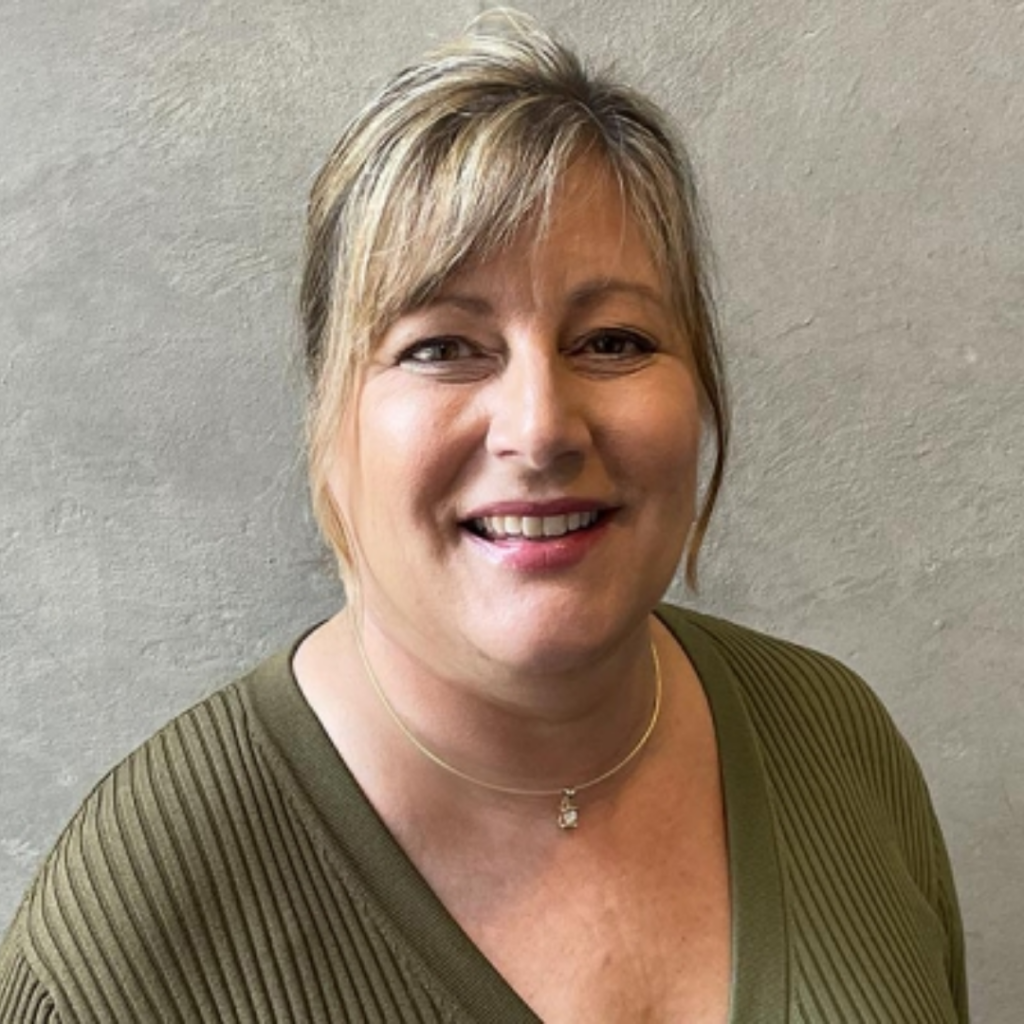In this episode of 2SLGBTQ+ Health in Focus, our guests share key facts and advice about routine cancer screenings for 2SLGBTQ+ communities. Why are 2SLGBTQ+ people less likely to be screened for breast, cervical and colorectal cancers? Why are they often diagnosed at later stages? And what resilience factors emerge? Tune in to learn more.
Available on: Spotify, Apple Podcasts, Amazon Music, iHeart Radio, Pocket Casts
Rainbow Health Ontario’s Be Seen. Get Screened. campaign addresses cancer disparities in 2SLGBTQ+ communities through a provincewide awareness initiative. This campaign works to start conversations, share knowledge and make cancer screening information more accessible across Ontario. Free resources, including print materials and a social media toolkit, are available at get-screened.ca.
Thank you to our outreach sponsor, Manulife Canada.
Resources
Here are links to resources mentioned in this episode:
- RHO Be Seen. Get Screened. Campaign
- Canadian Cancer Society: Cancer resources for 2SLGBTQI+ communities
- Sunnybrook Hospital: Odette Cancer Program – 2SLGBTQIA+ Resources
- Gay and Queer Men’s Cancer Support Group
- Sexual and Gender Diversity in Cancer Care
- Gender-Affirming Cancer Screening Guidelines for Transgender and Non-Binary Clients – Alliance for Healthier Communities
- Queering Cancer
- Overarching Policy for the Screening of Trans People in the Ontario Breast Screening Program and the Ontario Cervical Screening Program
- Progress on HPV primary screening in Canada – Canadian Partnership Against Cancer
- Cancer in people who identify as lesbian, gay, bisexual, transgender, queer, or gender-nonconforming
- Factsheet: HPV and Anal Cancer Screening, Treatment and Care from Gay Men’s Sexual Health Alliance
Guests



Special thanks to Spencer, Rita and Rie for sharing their cancer screening experiences with us.
Dr. Aisha Lofters
Dr. Aisha Lofters is a scientist at the Women’s College Research Institute (WCRI), adjunct senior scientist at ICES, and an Associate Professor in the Department of Family and Community Medicine at the University of Toronto. She is the Medical Director at the Peter Gilgan Centre for Women’s Cancers at Women’s College Hospital in partnership with the Canadian Cancer Society. She also holds a CIHR Applied Public Health Chair in Advancing Health Equity in Cancer Prevention and Screening. Her research program focusses on improving quality of care in cancer screening and prevention, particularly for populations that experience marginalization, through a variety of methods including community-partnered approaches.
Dr. Kathryn Pfaff
Dr. Kathryn Pfaff is an Associate Professor and Associate Dean of Nursing at the University of Windsor, and a registered nurse. Her 37-year nursing career spans interest and practice in acute care, community care, and the academic sectors. Kathy’s research is broadly centered on evaluating the implementation and impacts of compassionate models of healthcare delivery, particularly those that support people experiencing vulnerabilities and marginalization. Kathy co-developed Ontario’s Compassionate Community framework and is a core principal member of the WE-SPARK Health Institute and the Health and Wellness Friendly Community Research Consortium.
